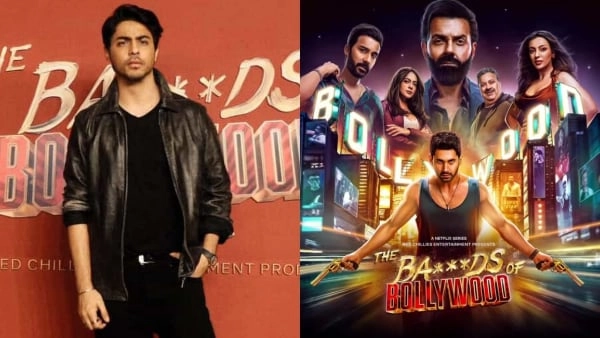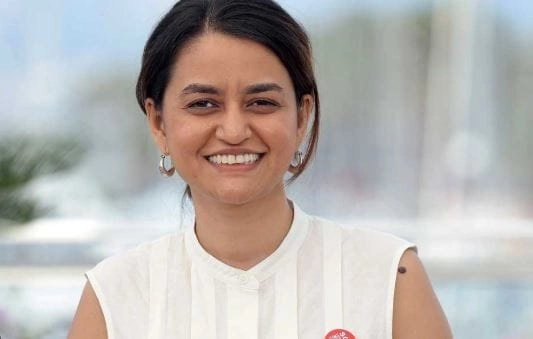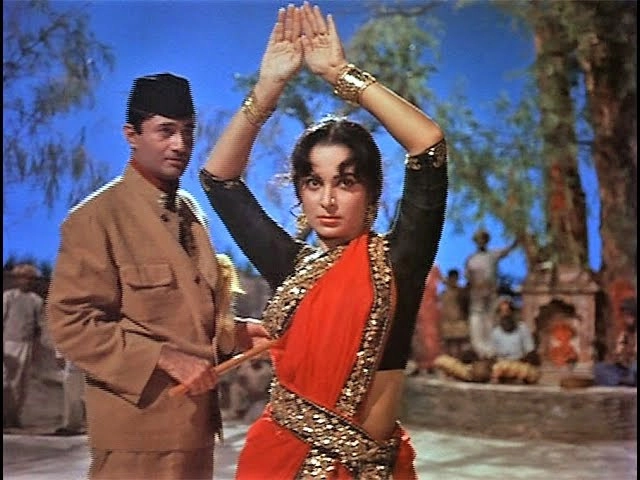In a recent interview, renowned playback singer Abhijeet Bhattacharya made headlines by sharing his thoughts on music maestro A.R. Rahman, particularly shedding light on an incident that occurred during an award ceremony. Bhattacharya revealed that Rahman, who is a celebrated composer and two-time Academy Award winner, caused the Padma Bhushan and Padma Shri awardees to wait for an extended period of 2 to 3 hours before the event commenced. This delay, as described by Bhattacharya, not only caused inconvenience but also raised eyebrows regarding the protocols and etiquette associated with such prestigious awards.
Bhattacharya’s comments highlight the complexities and challenges often encountered in high-profile events where multiple prominent figures are involved. The Padma Awards are among the highest civilian honors in India, and they are typically attended by distinguished personalities from various fields. When such delays occur, it can lead to a mix of emotions among the attendees, ranging from frustration to disappointment. Bhattacharya’s remarks suggest a level of exasperation with the way the event was handled, particularly when those being honored had to endure long waits without clear communication regarding the cause of the delay.
The singer’s statements also open up a broader conversation about the respect and recognition afforded to artists and awardees in the industry. It is essential for organizers of high-profile events to ensure that all participants are treated with dignity and respect, considering the sacrifices and hard work they have put into their respective fields. Bhattacharya’s candidness serves as a reminder that even within the glitz and glamour of award ceremonies, there are real human experiences and expectations that need to be acknowledged. Such incidents can tarnish the celebratory spirit of the occasion and overshadow the achievements being recognized.
In the grand scheme of things, Bhattacharya’s remarks about A.R. Rahman may seem like a minor critique, but they resonate with many who have experienced similar frustrations in different contexts. The music industry, like any other, is driven by collaboration and mutual respect, and it is crucial for its figures to maintain professionalism, especially during significant events. While Rahman’s contributions to music are undeniable, incidents like these serve as important reminders of the need for sensitivity and consideration in high-stakes environments. Ultimately, it calls for a reflection on how the industry can foster a more respectful and organized approach to celebrating its luminaries.




